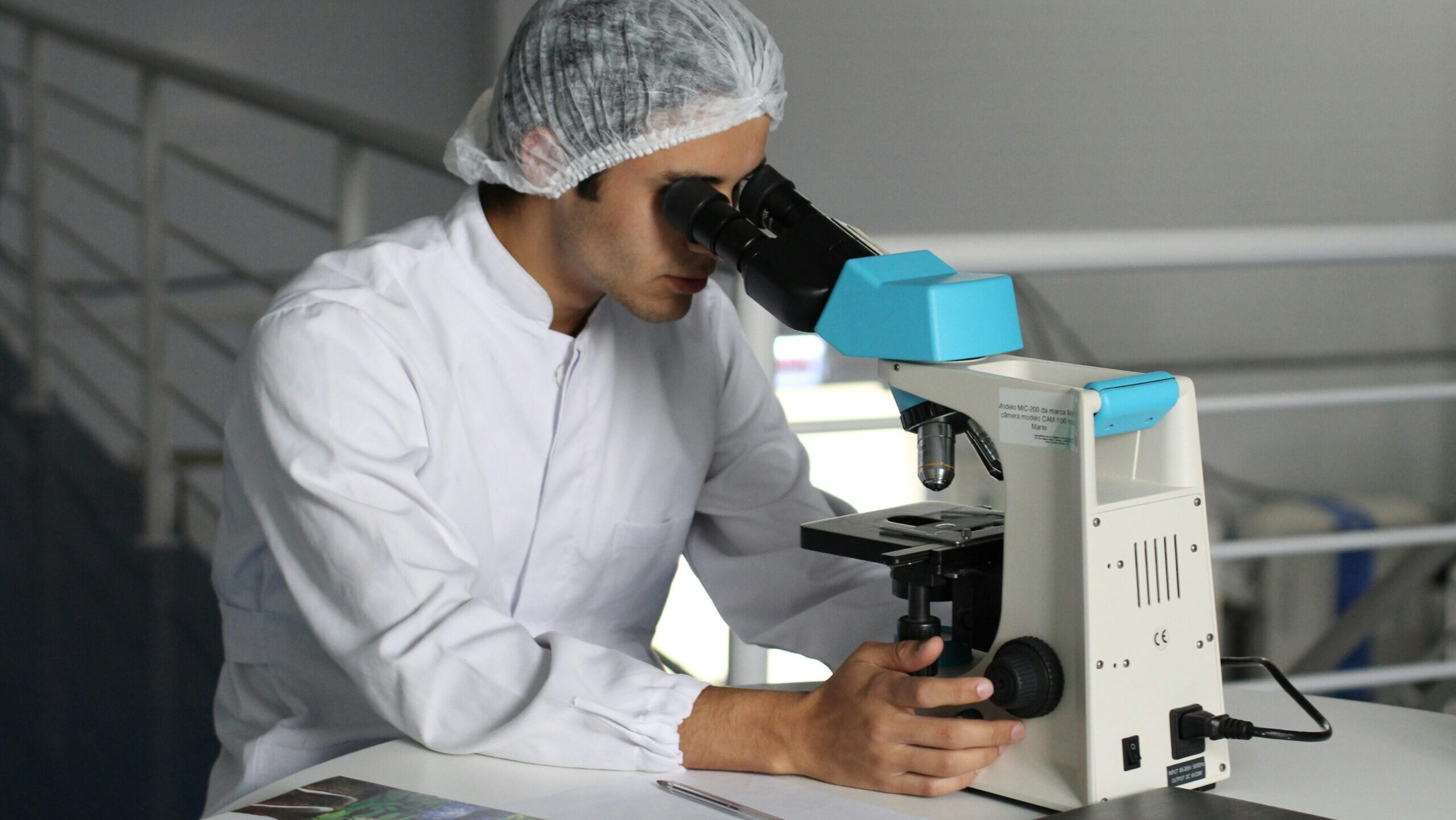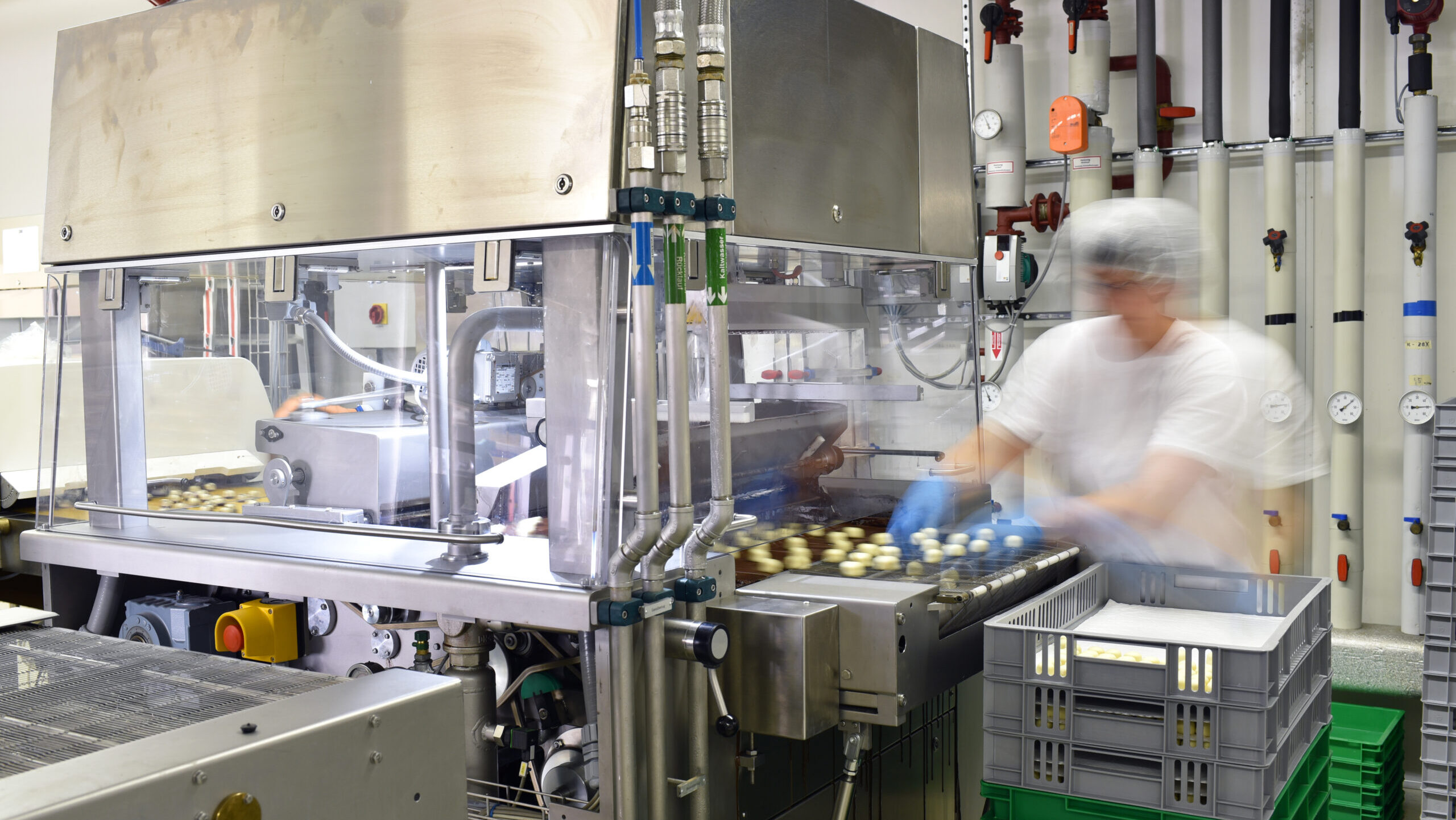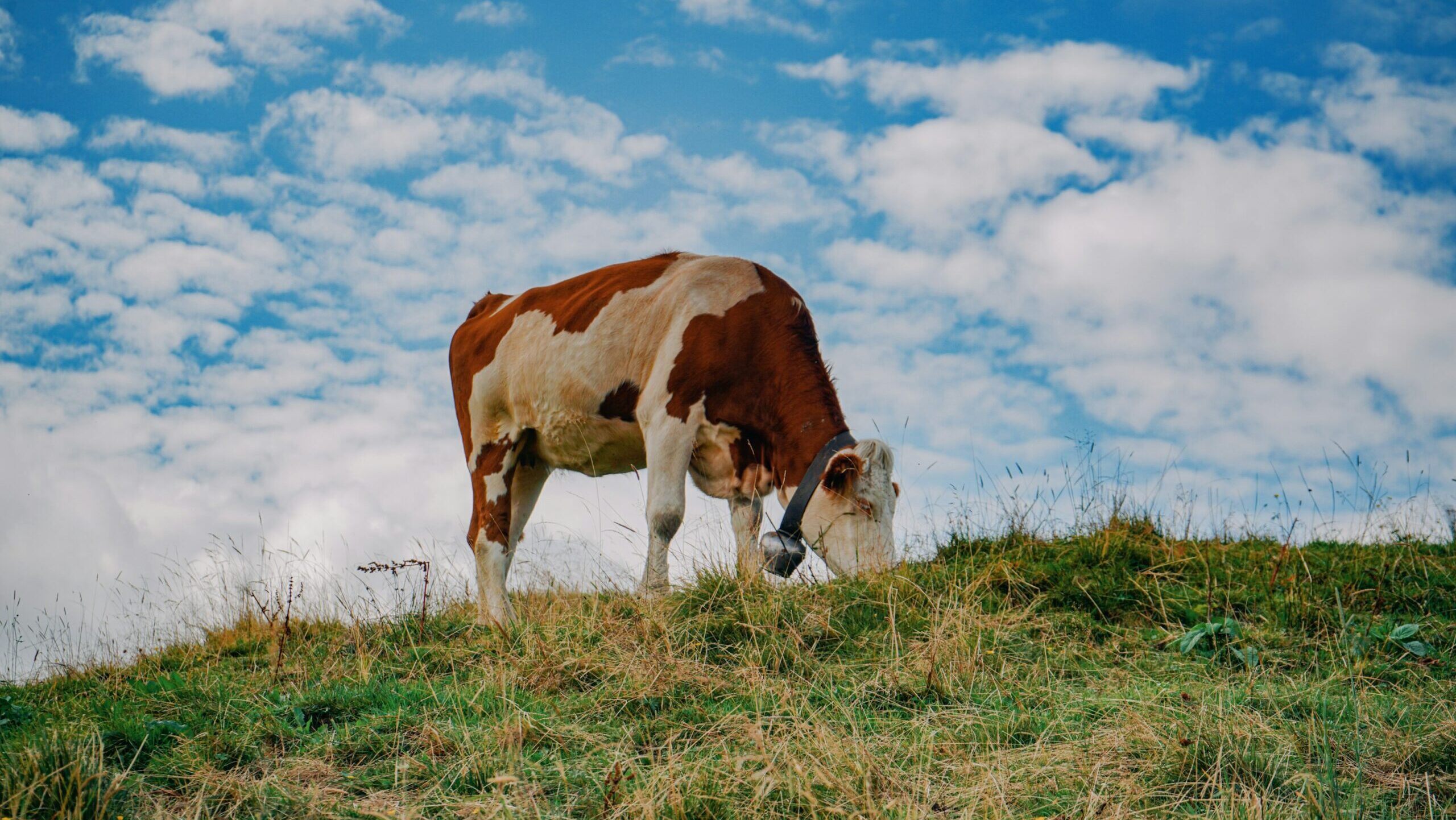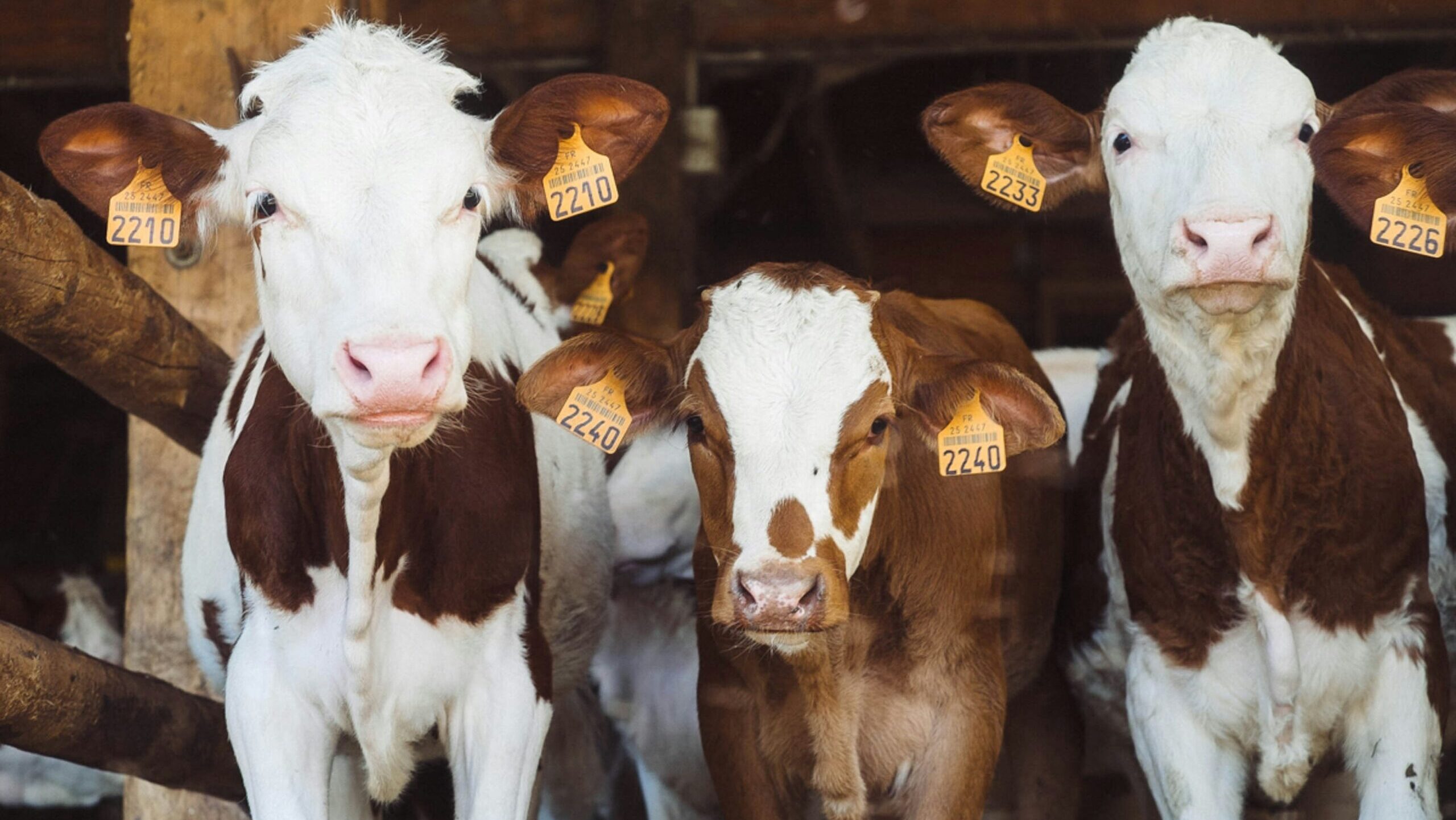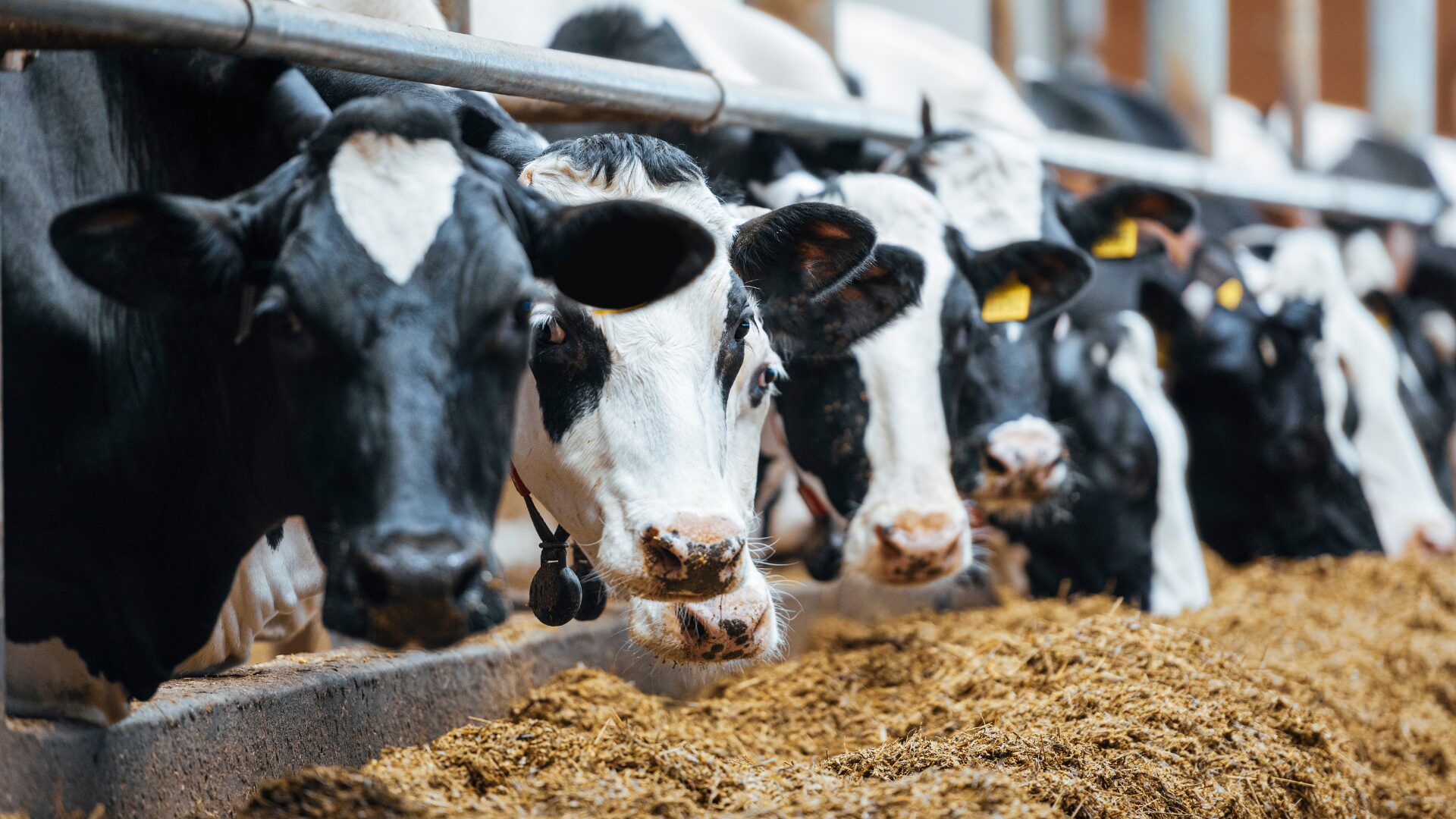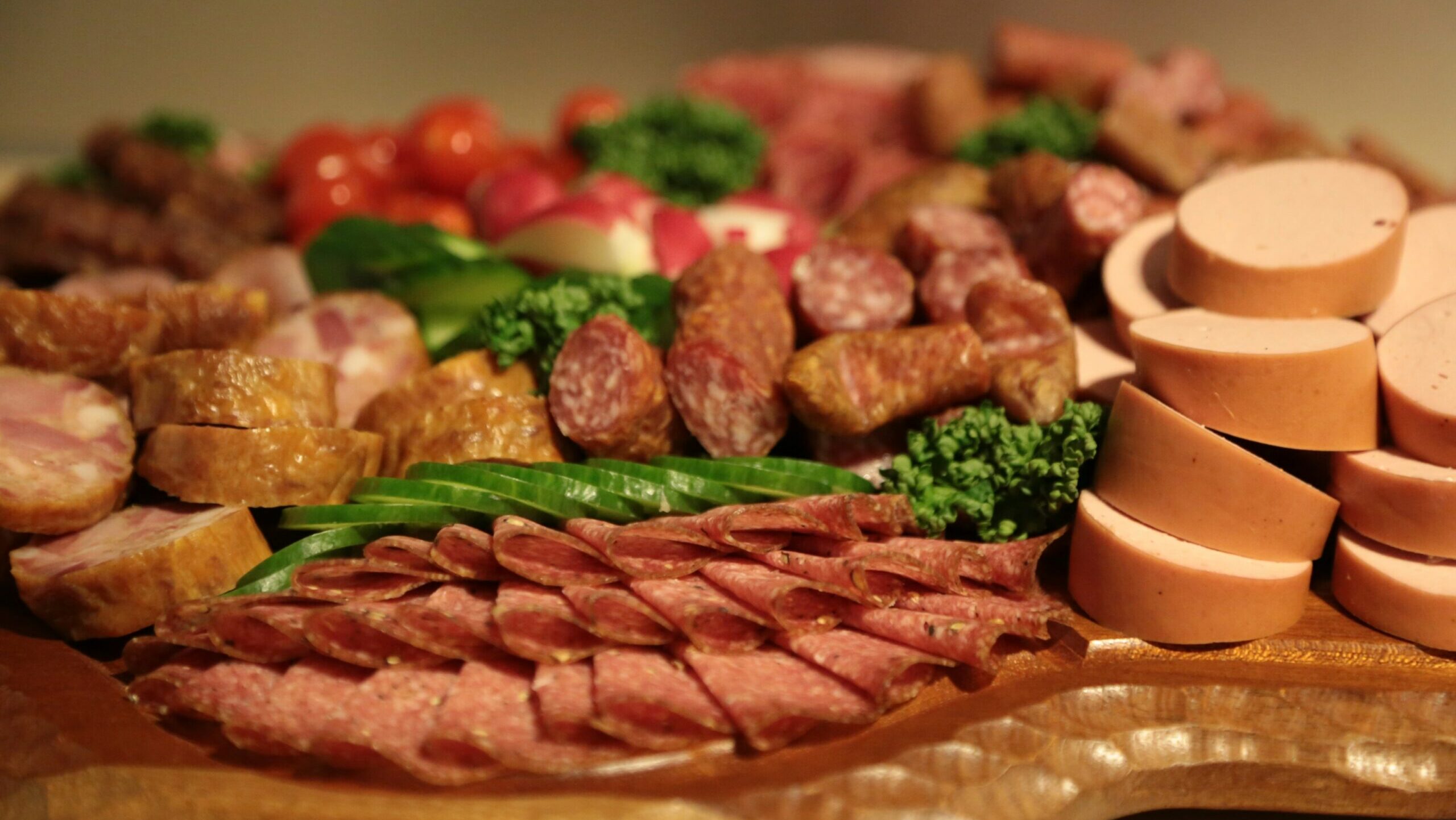A spike in fertilizer prices has hit European farmers, leaving some to question whether to curb planting plans.
Winter wheat and barley crops are being sown as many nitrogen fertilizer plants in Europe shut as prices rose for their key feedstock, natural gas, reported Bloomberg (Oct. 13). The fields will require fertilizer when they thaw next year in order to boost yields and quantity. As a result, soaring nutrient prices risk cutting output.
Nitrogen typically accounts for about a third of grain production costs and that could rise closer to 50% if current prices persist, according to Philippe Heusele, general secretary of French wheat growers’ group AGPB. Farmers will have to scrutinize budgets, noted Allen Pickett, head of analysis at IHS Markit’s Fertecon.
The price surge is part of more widespread inflation across farm inputs, including fuel and machinery, according to Pekka Pesonen, secretary general at Brussels-based farm lobby Copa-Cogeca. Some farmers, such as sugar-beet growers in Russia, are also planning cutbacks due to rising production costs.
In other agriculture news:
Ag exports to set record: The USDA Economic Research Service projects agriculture exports will reach a record $177.5 billion in fiscal 2022, up from 2021’s record $173.5 billion.
Grains and feeds export values likely will top their five-year average, reflecting higher international demand for corn, wheat and feeds while oilseeds and products could reach $43.5 billion. Livestock, poultry and dairy exports were seen as rising to $36.8 billion during the fiscal year, which began Oct. 1, up from an average $29.5 billion from 2015 to 2020.
“Higher prices and higher traded volumes for many commodities along with the reconciliation of trade disputes all contribute to the growth in export value,” the report said.
Ag barometer: The monthly Purdue University Ag Economy Barometer indicates sentiment among agricultural producers weakened in September, falling 14 points to 124, its weakest reading since July 2020’s 118. Producers were less enthusiastic about both current and future conditions.
The barometer showed declining farm capital investment and concerns about costs. Farmers, however, remained confident about farmland values. The survey was conducted Sept. 27-29.
Robotics: Burro, which hopes to build more than 500 farm robots – sometimes referred to as “bots of burden” — next year to mitigate the farmworker labor shortage, has raised $10.9 million in Series A funding, the company announced.
Burro, formerly known as Augean Robots, said the funding round was led by S2G Ventures and Toyota Ventures, along with F-Prime Capital and Cibus Enterprise Fund.
Charlie Andersen, CEO of Burro, said the company focuses its approach on the most labor-intensive areas of agriculture.
Micro-climate: Microsoft is taking weather forecasting a step further for farmers with its DeepMC prediction framework, which provides a basis for predicting micro-climate parameters to give farmers a better idea of when to perform certain tasks.
Microsoft researchers presented a study at the Association of Computing Machinery’s Conference on Knowledge Discovery and Data Mining, IEEE Spectrum reported (Oct. 4). The system uses internet of things sensors to measure such things as soil moisture, humidity, windspeed, radiation and temperature, fusing them with weather station forecasts.
Cargill: The Commodities Futures Trading Commission ordered Cargill to pay $750,000 for swap reporting failures and failure to supervise. The CFTC found from June 2017 to June 2019, Cargill failed to report new swaps in its daily trader reports and its submissions to the CFTC. The agency also found the company did not have adequate processes in place to determine the accuracy of its reports.
Additional reporting provided by Victoria Campisi.





